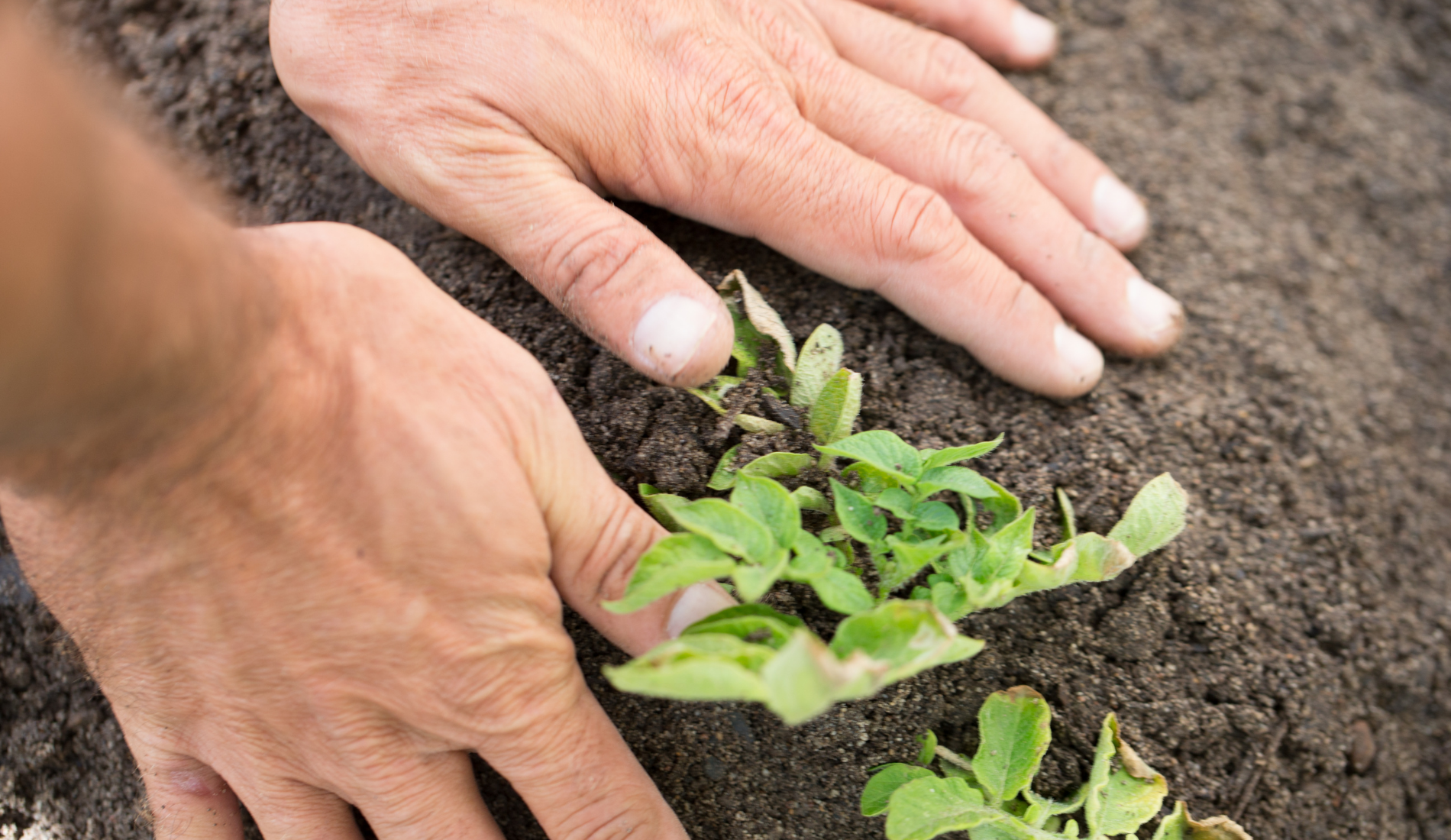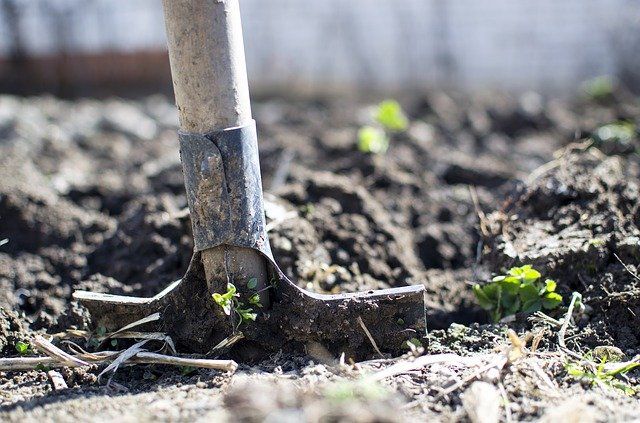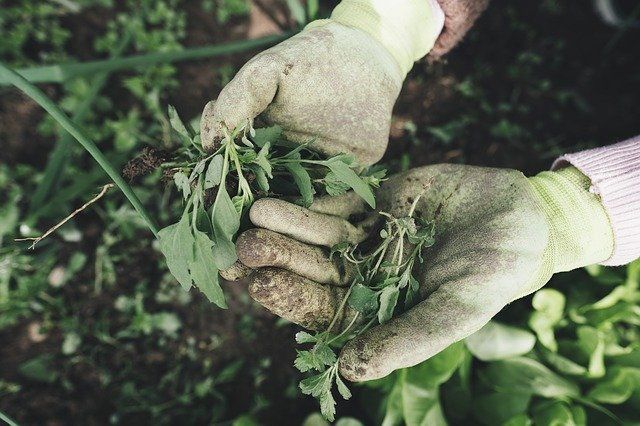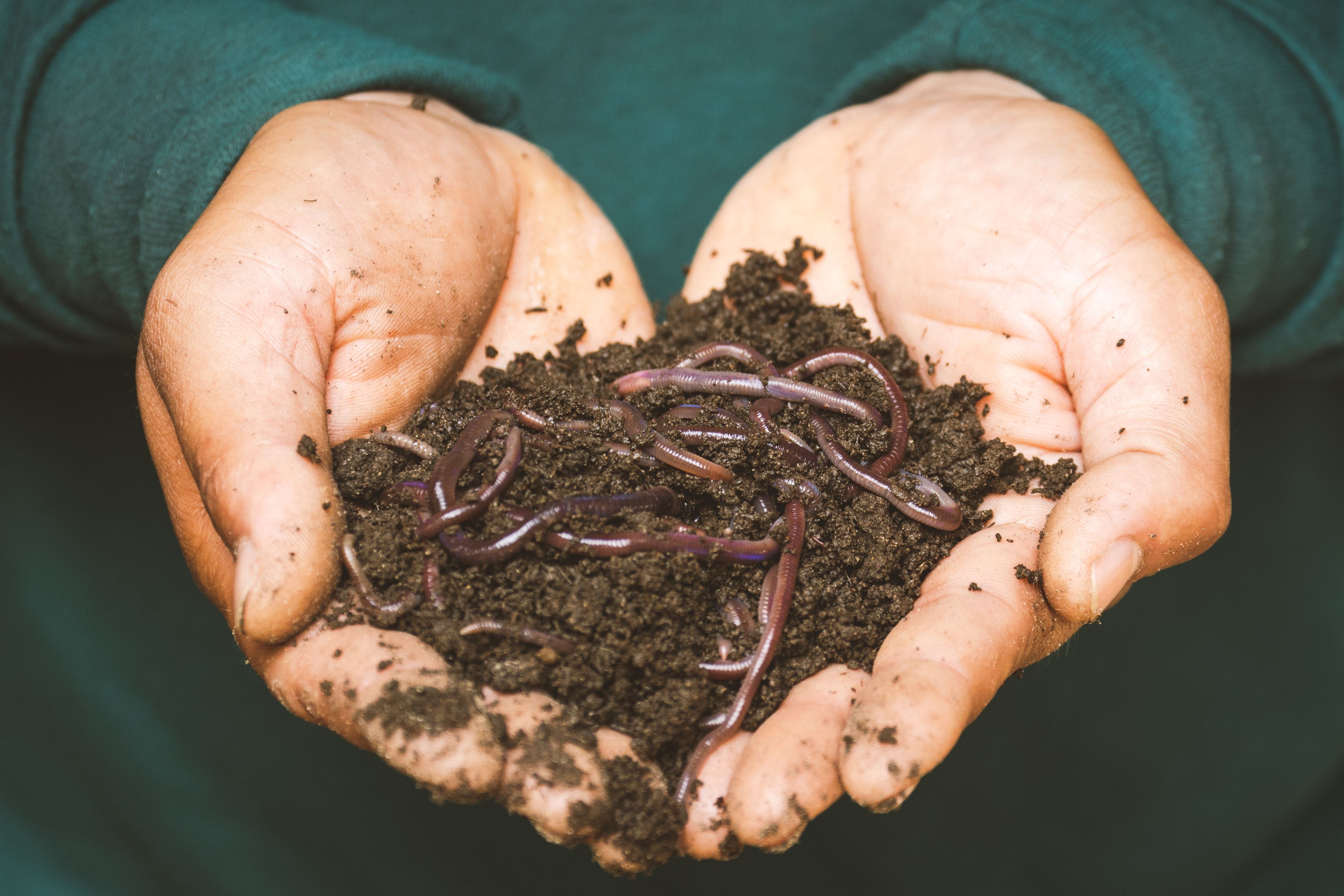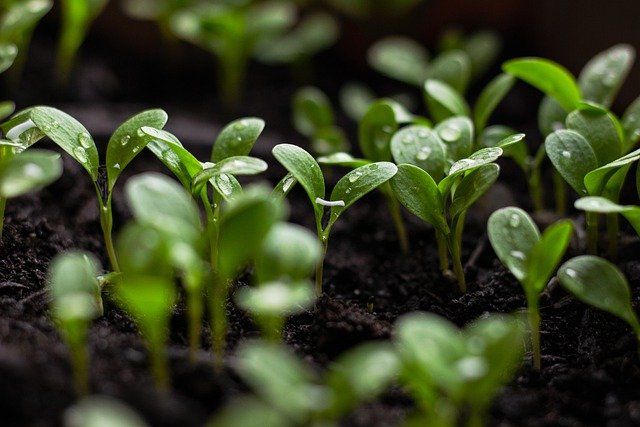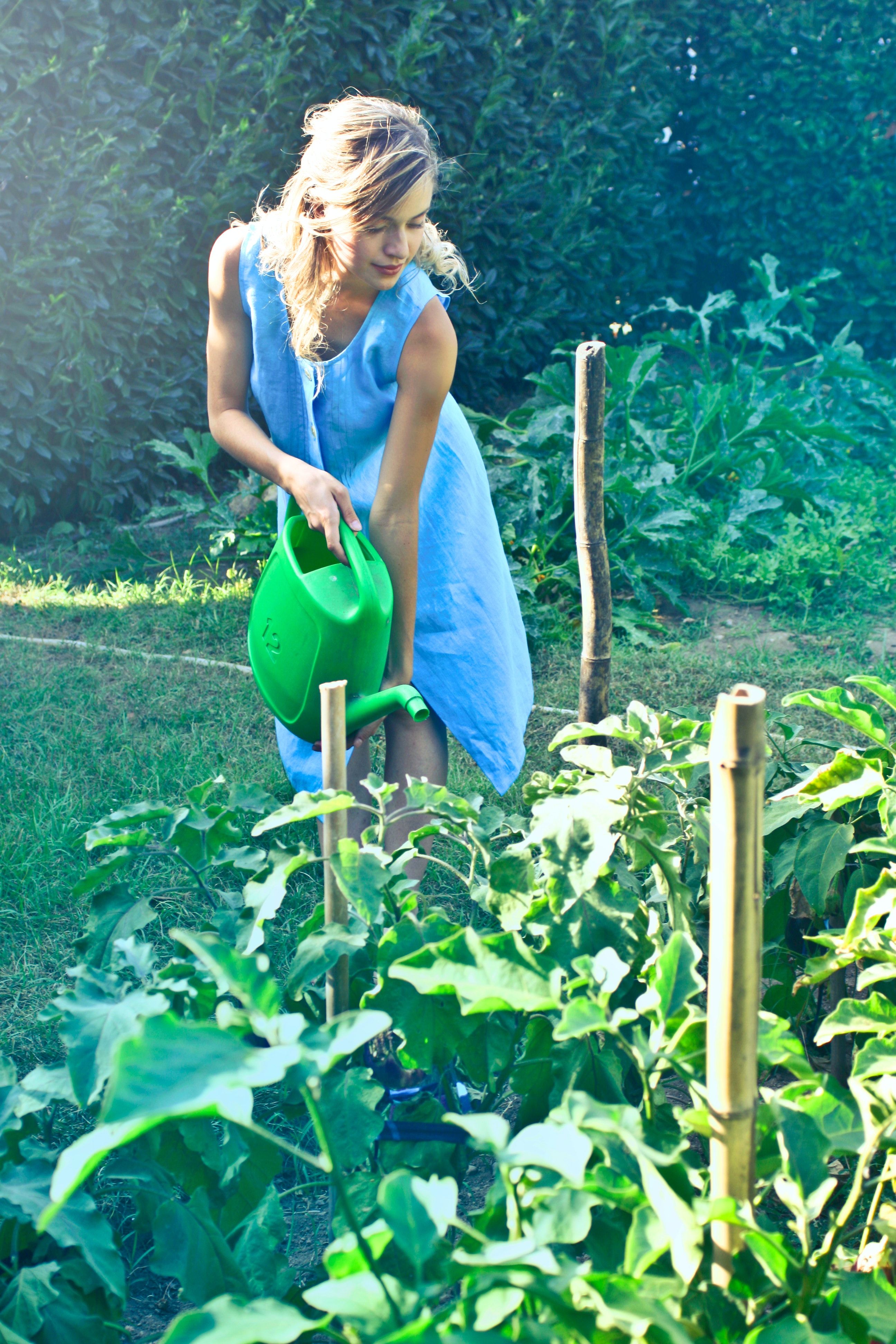Starting a garden can be a daunting venture. You may feel the need to purchase machinery such as a rototiller to get your garden started. You may worry about the toll operating such machinery will have on your body. Then you must factor in the time it will take to prepare your plant beds. In the end, the stress of beginning a garden tends to overtake the joy of being outdoors and one with nature.
Today we will look at the issues associated with digging, and discuss why the no-dig garden method can help save your garden.
Why Digging is Problematic
Image credits: Goumbik via Pixabay
Tilling your garden may seem like the natural first step after determining your garden location. However, this action is actually disturbing the natural, layered structure of your soil.
Disrupting the soil with a rototiller may kill some of the larger organisms, such as the earthworms and beetles who are extremely beneficial to soil health. It also encourages microbes to consume organic matter in excess. Furthermore, undisrupted soil likely contains both the roots of perennial weeds as well as the seeds of annuals. When this soil is turned over, it will try to recover from the disruption with the growth of these otherwise dormant pests. This creates more of a weed problem than you may have signed on for.
Overall, digging your garden can result in decreased plant productivity and an increase in weed growth. You will likely find the need to add more fertilizer to your garden. All the while your back will suffer from the digging strain and constant need to pull weeds!
How No-Dig Gardening Can Fix Soil
Weed Reduction
Photo Credits: photoAC via Pixabay
Weeding your garden can be a time-consuming and strenuous chore. While you may think that you are beginning this arduous process by breaking up the existing soil, you are actually exposing weed seeds that may not have sprouted if the soil were left undisturbed.
The no-dig method works by adding a layer of compost to the surface of your garden. You can apply it on top of grass clippings and even existing weeds. The compost works to smother weeds, thus eliminating the need for tilling or constant pulling.
Sustaining the Ecosystem
Image Credits: Sippakorn Yamkasikorn via Pexels
Your backyard garden should emulate the same natural processes found on a larger scale in nature. An easy way to visualize this concept is to picture an undisturbed forest floor. The accumulation of fallen leaves and other dead plant matter found here also contains bacteria and fungi. These microbes are incredibly beneficial to the organic matter found on the surface. They work to decompose this matter into natural compost. The resulting product is then taken below the surface by creatures such as earthworms and beetles. Here, plant roots may access the nutrients from the decomposed, organic matter.
The process on the forest floor is essential in a backyard garden as well. By leaving the surface as-is, you are allowing all the beneficial organisms to thrive and carry out the natural process of decomposition.
Less Fertilizer
Image Credits: onehundredseventyfive via Pixabay
Excessive addition of traditional fertilizer is not only costly but can also be damaging to the soil and pose a risk to backyard critters and even pets. By allowing the process of natural decomposition to take place, you are contributing to long-term soil improvement in your garden.
Applying high-grade compost to the surface annually provides adequate nutrients needed for at least two garden crops per year. It will also eliminate nutrient run-off. This is because you are allowing the microbes within the compost to break down the organic matter into plant food at a usable rate. You may also notice a reduction in plant disease due to the promotion of aeration within the soil. The result is long-term soil improvement!
To Sum it Up
Photo Credits: Andrea Piacquadio via Pexels
No-dig gardening is an organic method used to grow successful gardens without the need to turn the soil. This method is beneficial for a multitude of reasons. Essentially, by adding a layer of compost on top of the existing soil or even grass, you are creating a productive garden bed above the surface. Here will thrive many beneficial organisms, who will provide your plants with an optimal, natural growing environment.
Adding to the appeal, gardeners may save time and physical stress to the body by a decreased need to constantly weed. Due to the fact that you must wait for the soil to dry before tilling, you may also notice that you are able to plant earlier in the season.
Overall, the no-dig method will save you time, money, and physical strain. All the while increasing plant productivity and supporting the natural ecosystems found in your own backyard!

